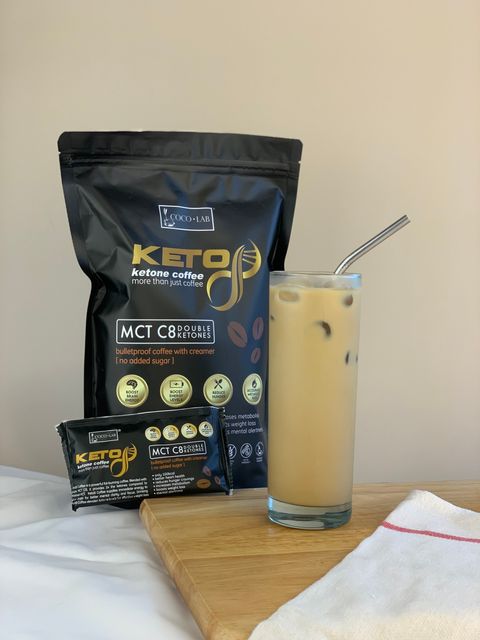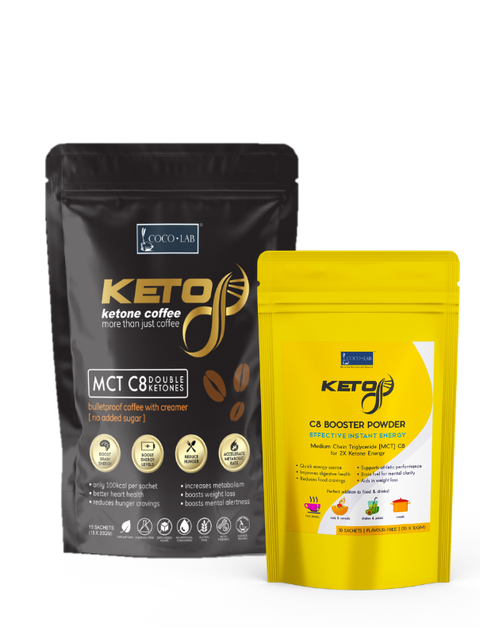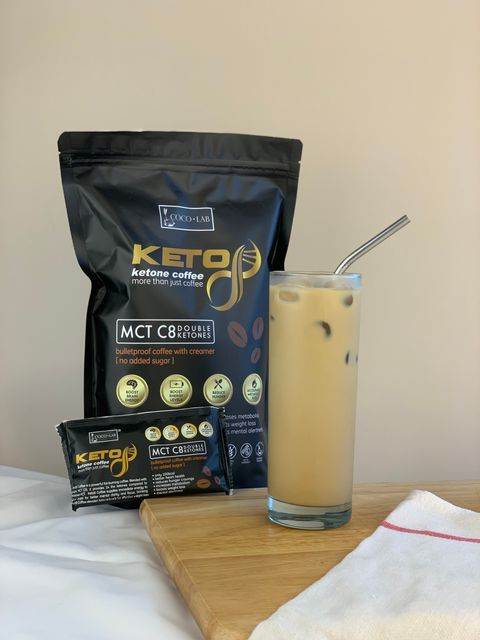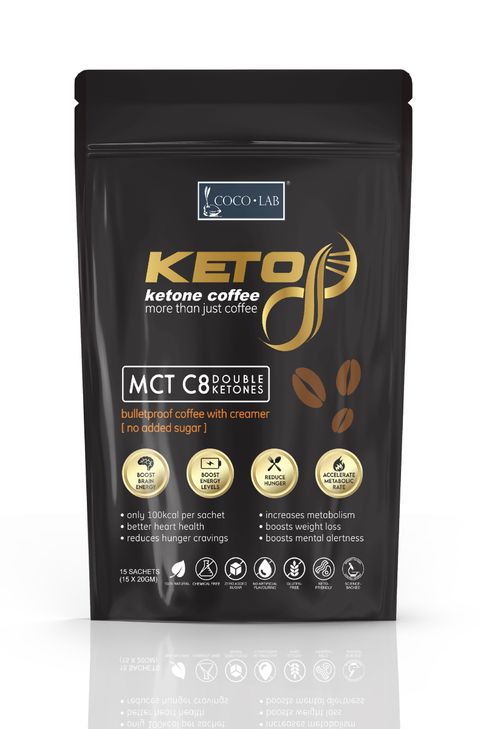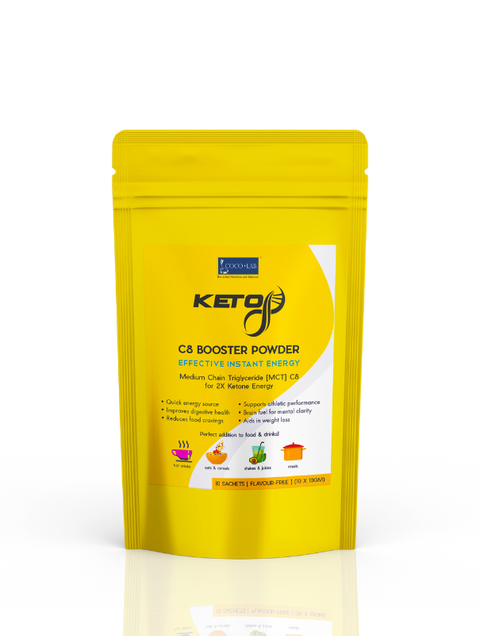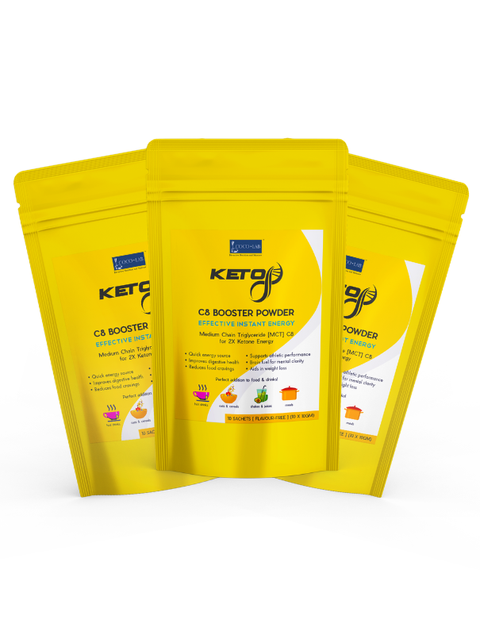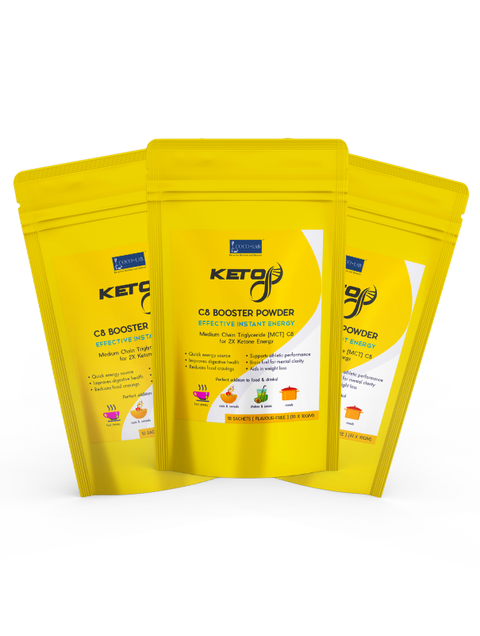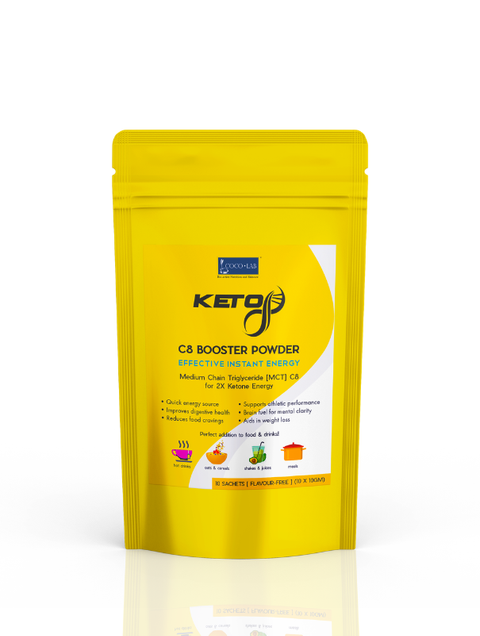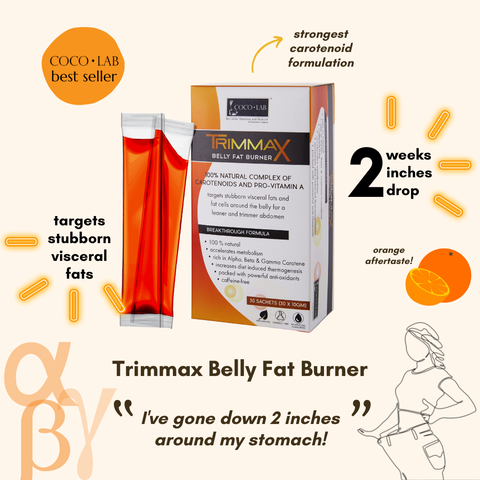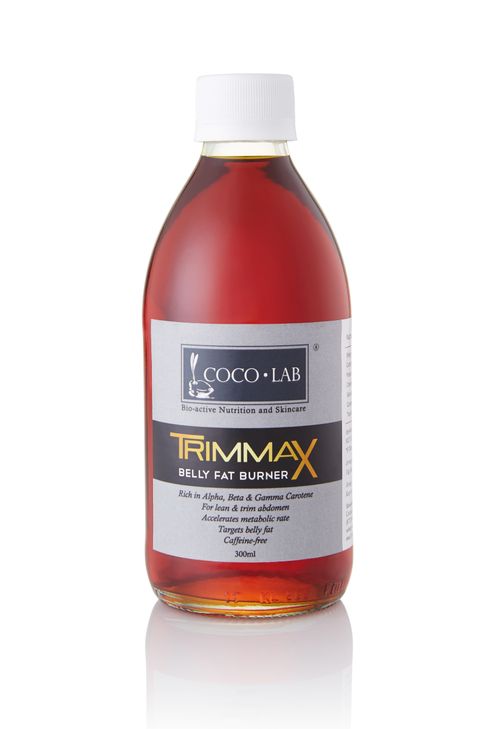
WHAT HAPPENS WHEN YOU FAST?
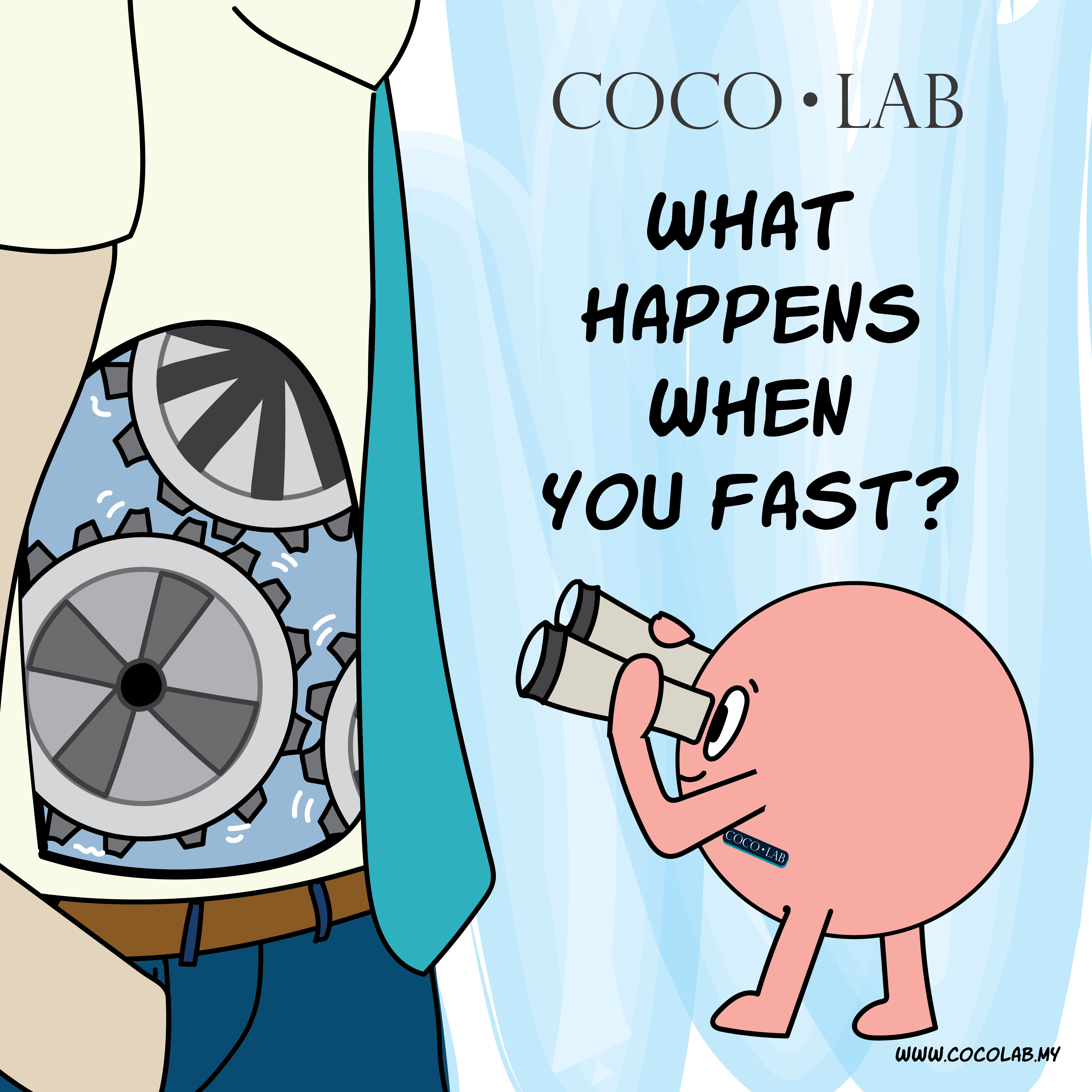
For the sake of easier reference, let’s assume that dinner time is 7:30pm and it takes roughly 1.5 hours to be truly finished with dinner. Of course, hours and time periods may differ depending on your body type, your diet and lifestyle.
(untuk versi Bahasa Melayu, sila tekan pautan ini)

9PM : You have just finished dinner and your body starts breaking down every component of dinner into energy. Some of this energy gets stored in the liver as (1) Glycogen. These are basically strings of glucose that can be accessed easily later on. Any calories or food that was consumed in excess will be stored as (2) Fat in the form of triglycerides. This comes from the its form of 3 triglycerides and 1 glycerol molecule.

9PM – 5AM : For the next 8 hours, your body distributes energy via the bloodstream to places that need it such as cells, muscles and organs. In these 8 hours you’re using the energy broken down earlier from dinner, your last meal. But as you’re meeting your body requirements, this energy soon runs out.
5AM – 9AM : Once this energy has run out, your body begins tapping into your Glycogen stores for the next 4 hours. The Glycogen stored in your liver is turned into glucose and is released 1 molecule at a time into your blood stream. This keeps your blood sugar levels normal.

9 AM : Let’s assume you wake up around 9AM. You’re now 12 hours into your fast. Your body has completely finished the energy and Glycogen stores from dinner. This is when your hunger hormone “Ghrelin” signals you to basically “Go find food”. In the meantime, your body wastes no time and heads off to find energy in your Fat Storages.
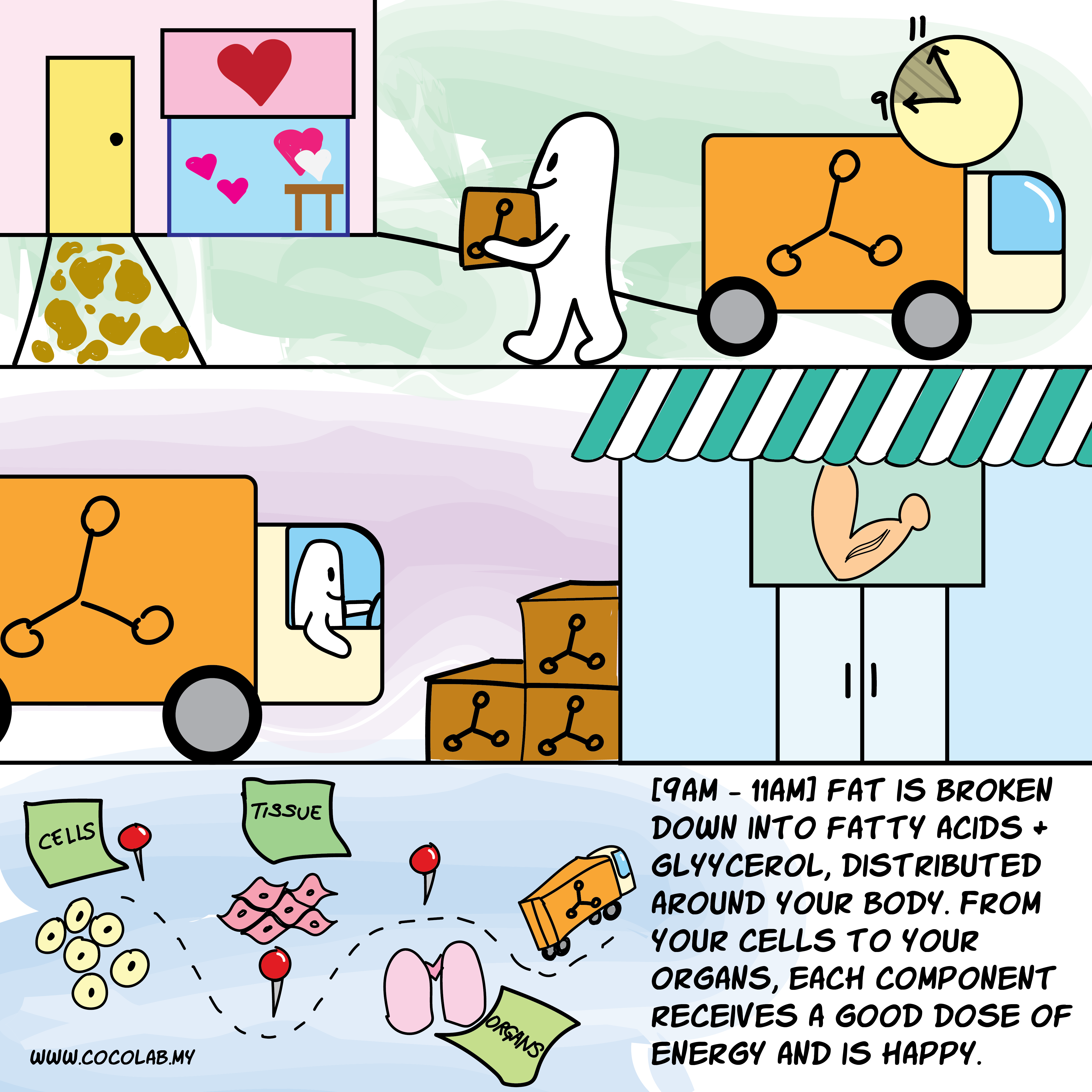
9AM – 11AM : Fat or Triglycerides are broken down into 3 Fatty Acids and 1 Glycerol and they are distributed around your body. From your cells to your organs, each part of your body receives a good dose of this reserved energy and everyone is happy.
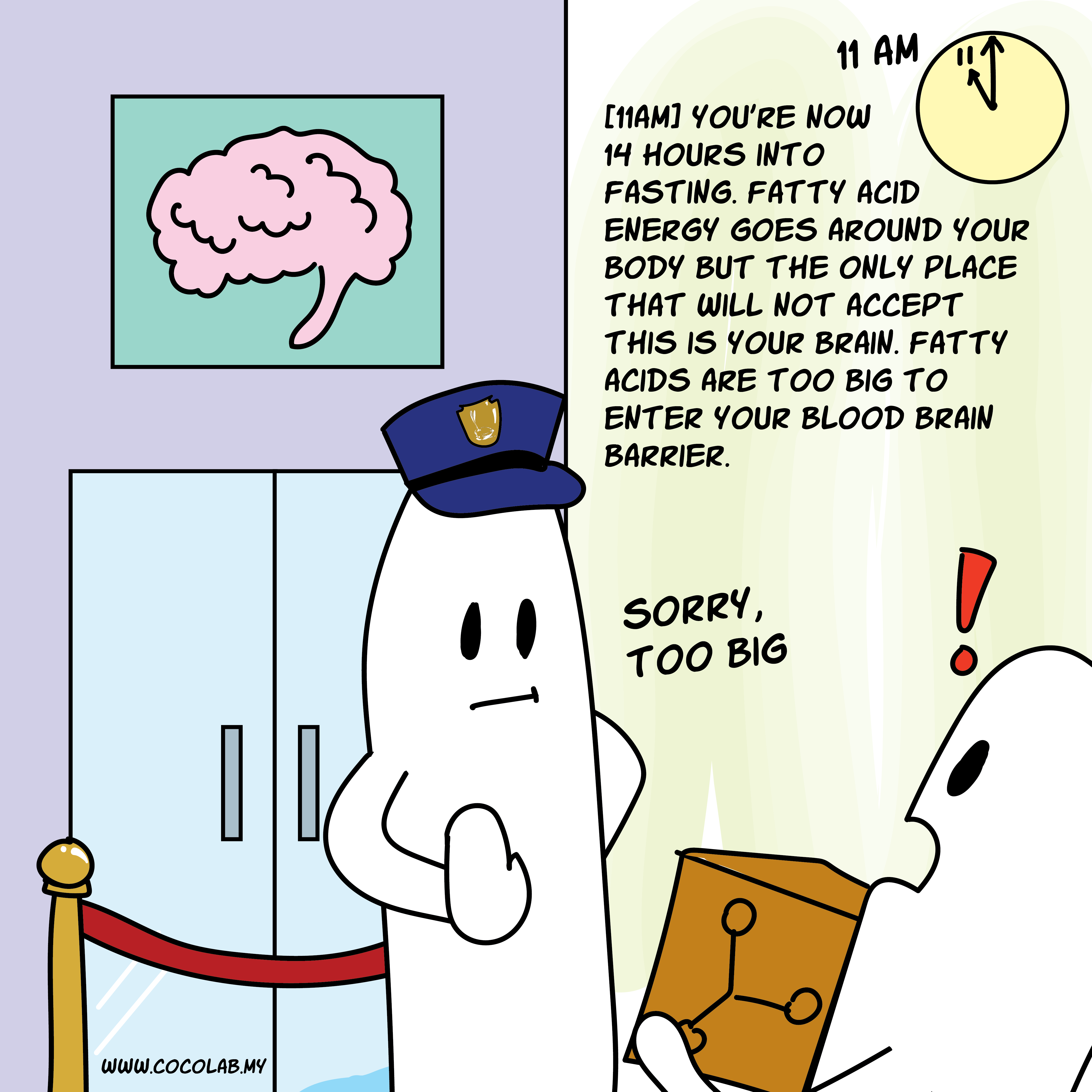
11AM : Everyone except your brain. You’re 14 hours into your fast and Fatty Acids goes around your body well, but the only place that will not accept this is your brain. Fatty Acids are too big to enter your blood brain barrier.
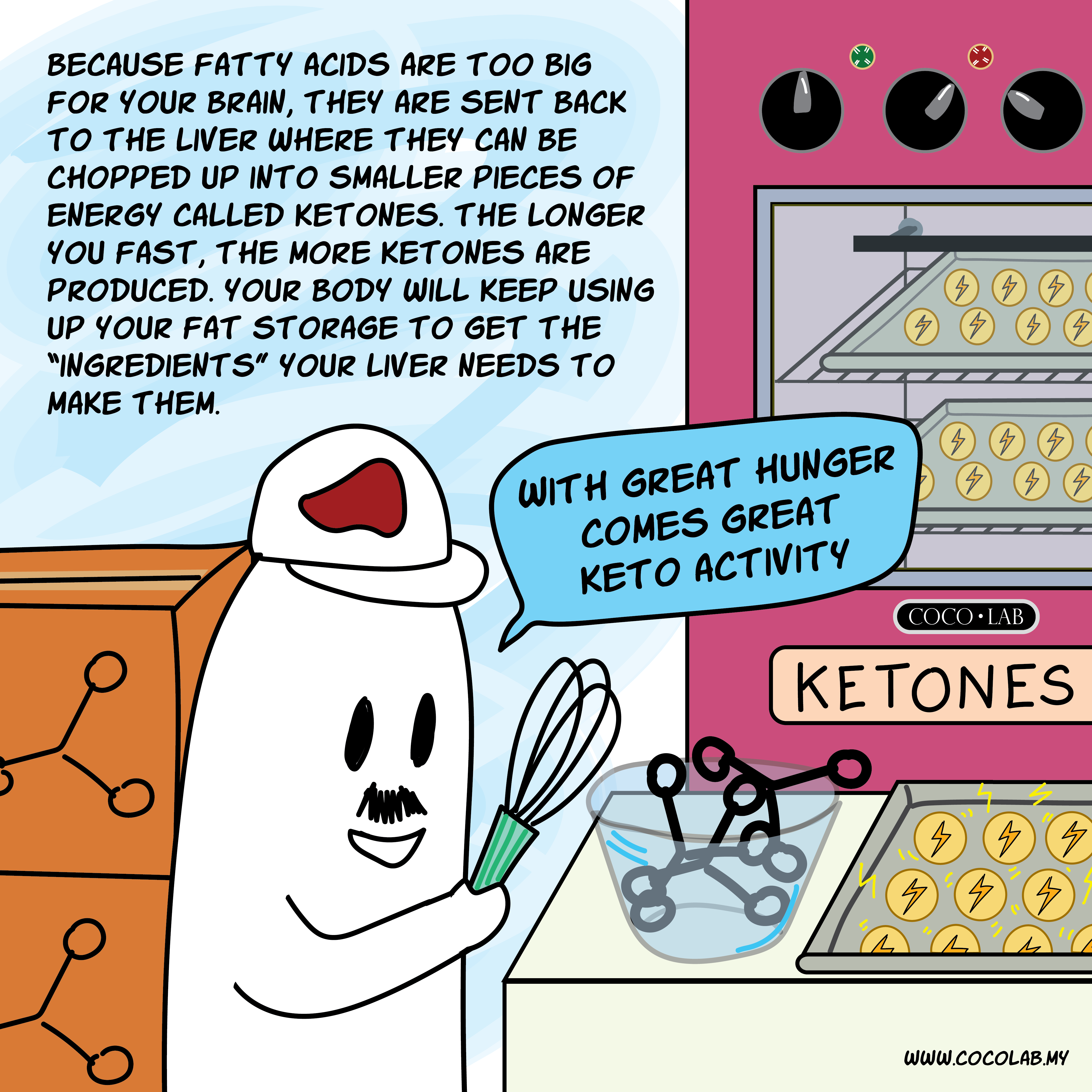
Because these Fatty Acids are too big to be utilized by the brain, they are sent back to the liver where they can be chopped up into smaller pieces of energy called Ketones. This process is called Ketosis. This form of energy is produced in larger quantities the longer you keep fasting, so you could start off with light ketosis at the start and progress to heavy ketosis the longer your fast is. Your body will keep using up your fat storage to get the “ingredients” your liver needs to make them.
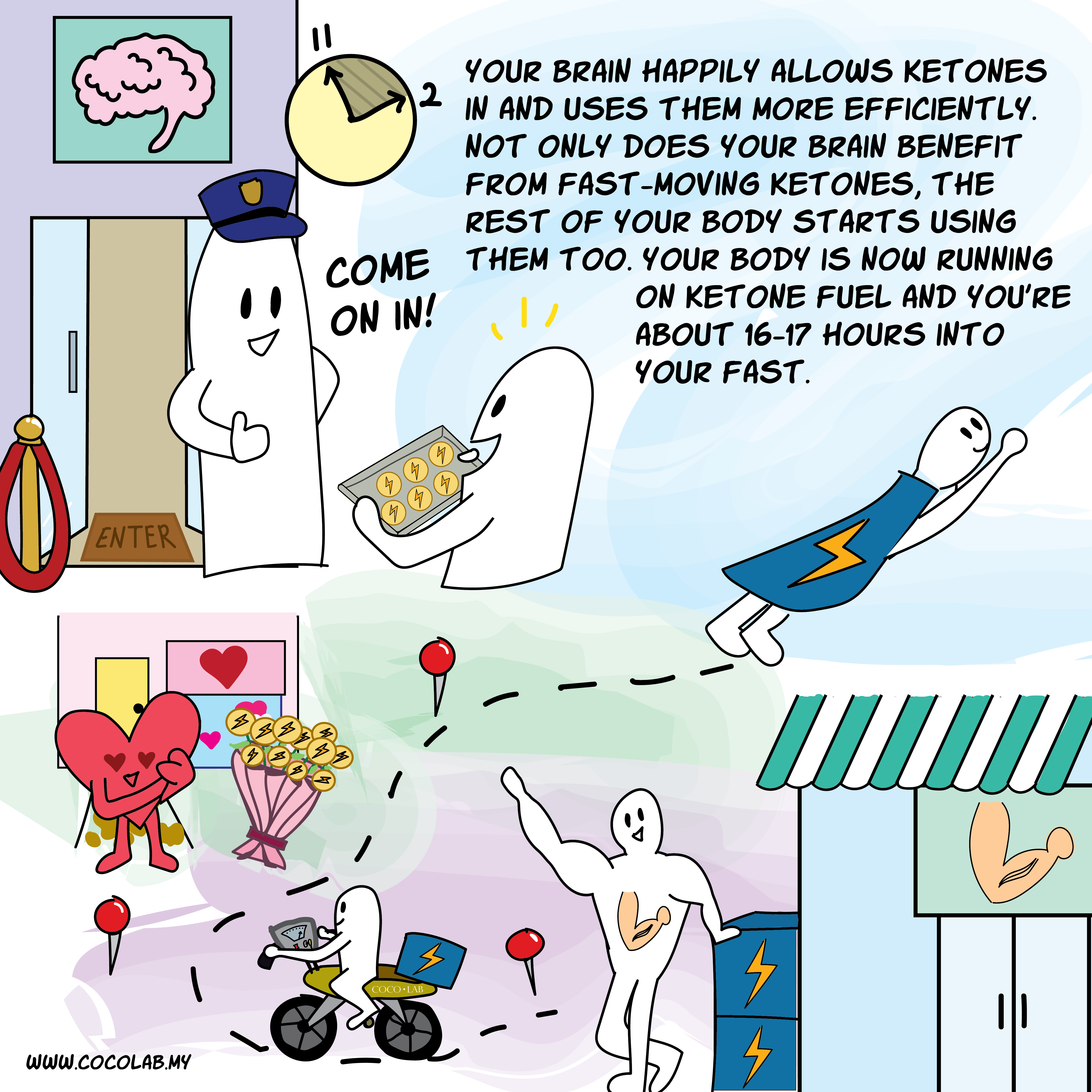
11AM – 2PM : Your brain happily allows ketones in and uses them more efficiently than glucose. This is because more Adenosine Triphosphate, ATP (the energy that powers up your cellular level) is produced with Ketones than with Glucose. Not only does your brain benefit from these fast-moving ketones, the rest of your body starts using them too. Ketosis is not the only that’s happening in your body at this time. When under due stress from fasting, your body gets to get rid of toxic waste in cells through a process called “Autophagy”. This process is only triggered after a certain period of fasting. Your body is now running on ketone fuel and you’re about 16-17 hours into your fast.
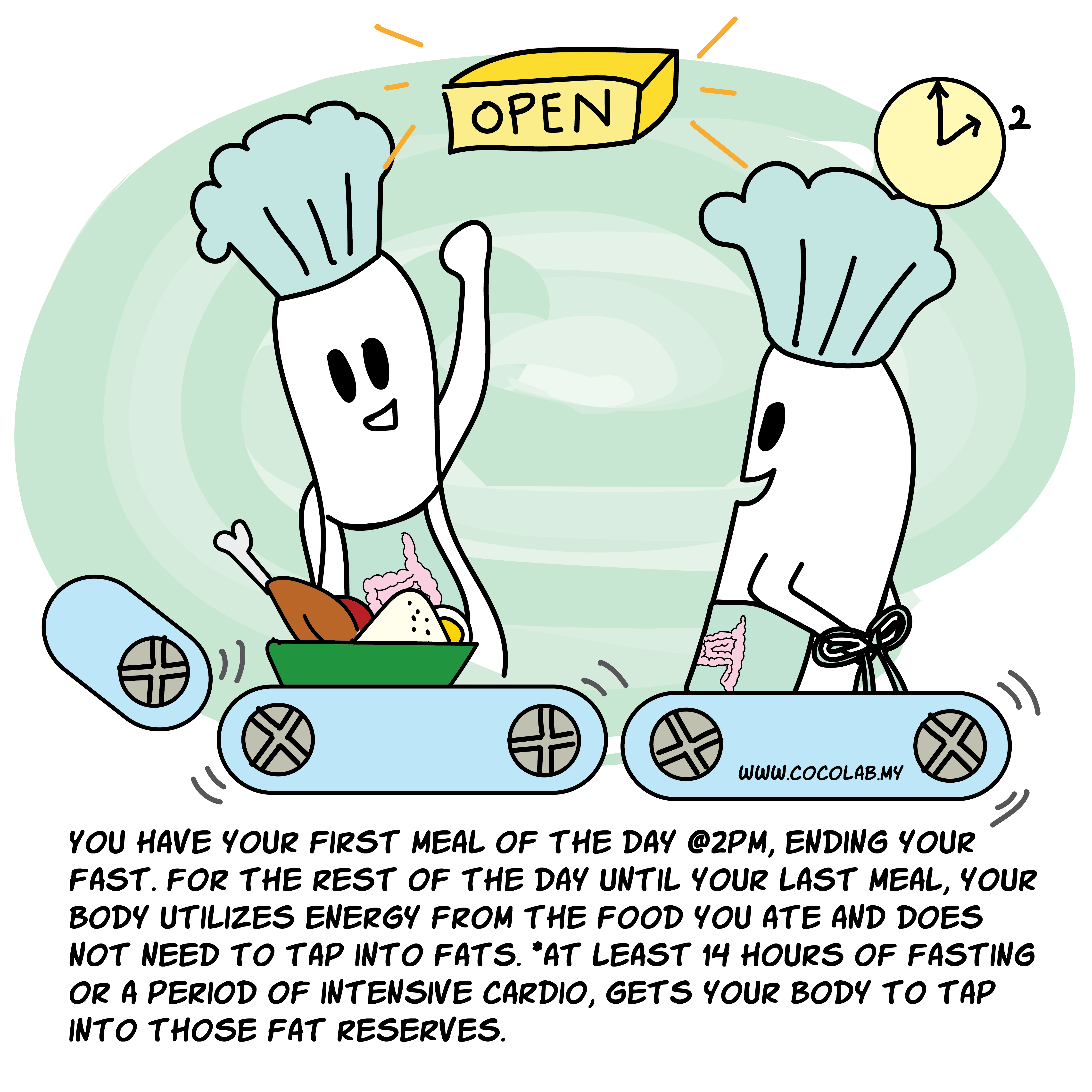
2PM : If you have decided to have your first meal of the day at 2PM, you’ve just completed a 17 hour fast. This also ends your fasting cycle and your digestive tract is open for business again. For the rest of the day until your last meal, your body utilizes energy from the food you ate and would not need to tap into your Fat Storage.
*at least 14 hours of fasting or a period of intensive cardio exercise gets your body to tap into your fat reserves.

And that’s how the whole cycle works and repeats daily. From digesting, to fasting and to energy consumption, your body works continuously 24/7 to ensure you’re moving at optimum. Of course, hours and time periods depicted here may differ depending on your body type, your diet and lifestyle. For example, your body could start tapping into its glycogen stores earlier if you had a lighter meal, or your fat reserves are opened up earlier because you went for a jog.
But one thing’s for sure. Our bodies are essentially well-built machines and it is capable of withstanding periods of hunger. Think of it as your body’s natural response to a fight or flight mode. If there’s no food coming into the system, your body knows how to scavenge for food as energy elsewhere.
To find out more about intermittent fasting, click here.


